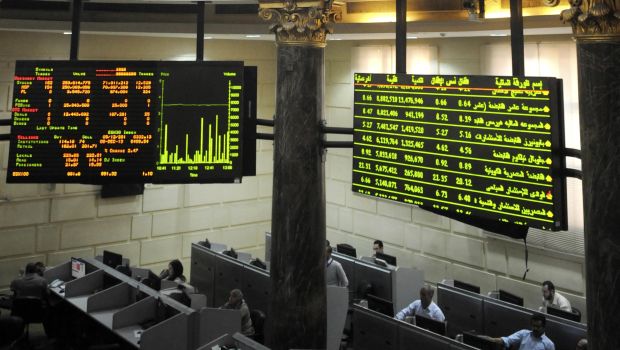The announcement, circulated to banks late on Monday and seen by Reuters, forces banks to offer euros at around 9.5 Egyptian pounds today, compared to 9.8 on Monday, two currency traders said.
“Kindly note that banks are requested to strictly conform to pricing the non USD/EGP rates to their customers … using the prevailing international market rates,” the note said. “The cross rates should not be inflated in such a way that would reflect a higher embedded USD/EGP rate.”
While the move was aimed at ensuring tighter compliance with existing regulations, traders said it risked driving more currency trading into the black market as banks would be discouraged from offering the euro and other foreign currencies because they could no longer offer competitive rates.
The euro was being offered at 10.22 pounds on the black market on Tuesday, a market source said.
“I have no room to negotiate prices with the clients, so in the end, clients will go to the black market,” one foreign exchange dealer at a bank said.
The central bank did not provide an explanation for its move and central bank officials were not immediately available for comment.
In its circular, it told banks to “strictly conform” to pricing non-US dollar foreign currencies “using the prevailing international market rates”.
While the authorities have tightly controlled the price of the pound against the dollar, giving rise to the black market, market participants say banks have been offering to sell other hard currencies at levels closer to the parallel market.
“For the dollar you have a clear mechanism, which was introduced last year when the central bank introduced the dollar auctions,” said Mohamed Abou Basha, Cairo-based economist at investment bank EFG-Hermes.
“For the other currencies there wasn’t really any framework, so maybe the central bank just wanted to establish another kind of framework for the other currencies,” he said.
The central bank introduced regular sales of dollars at the end of 2012 in an effort to slow the depletion of the country’s foreign reserves.
The central bank statement was a firmly worded reiteration of existing guidelines, currency traders said.

